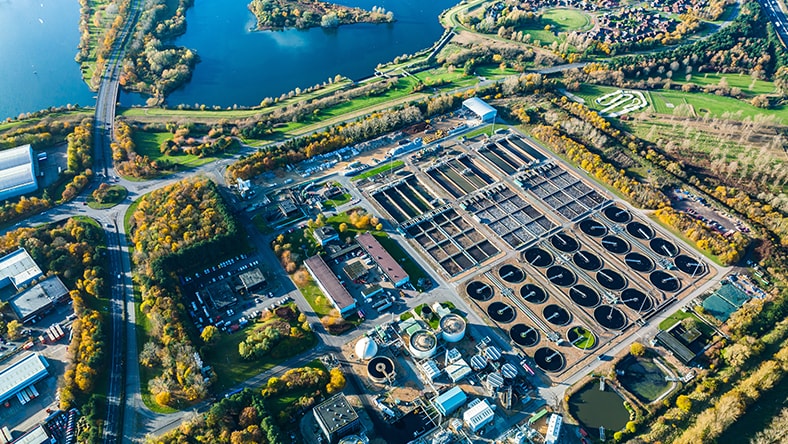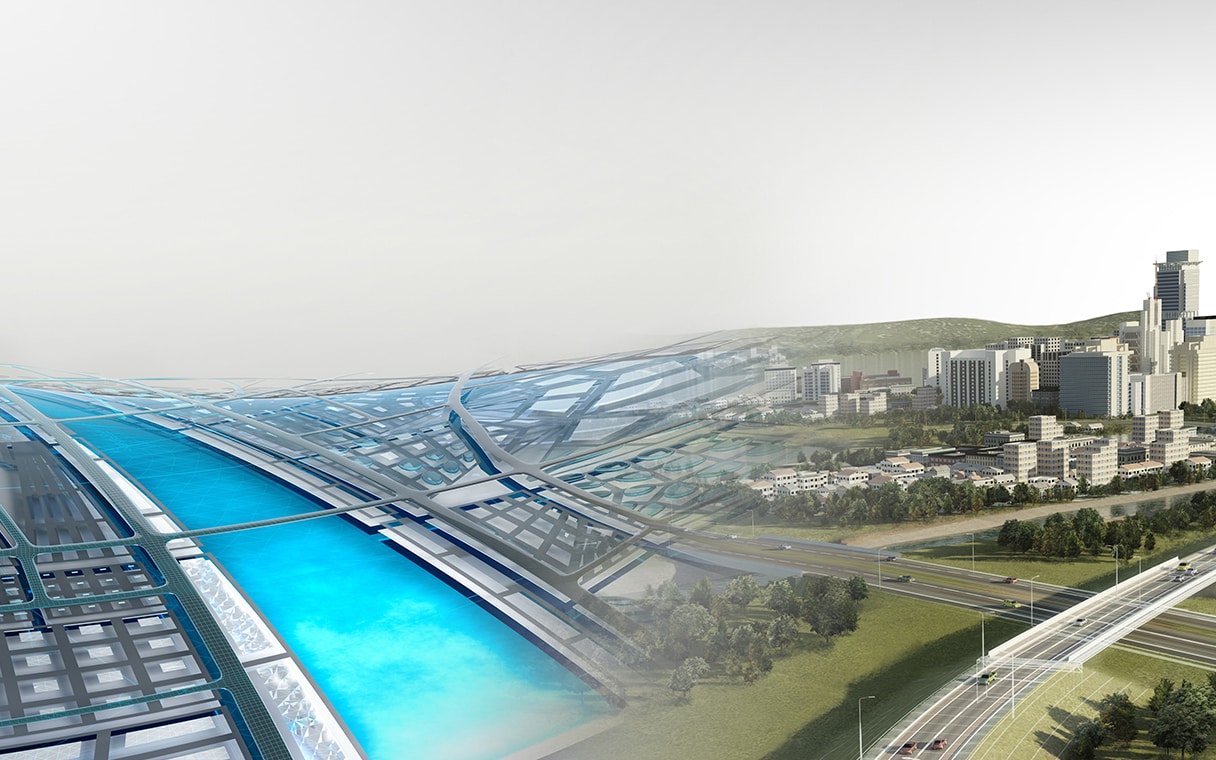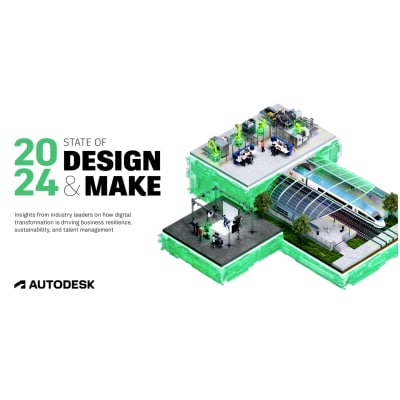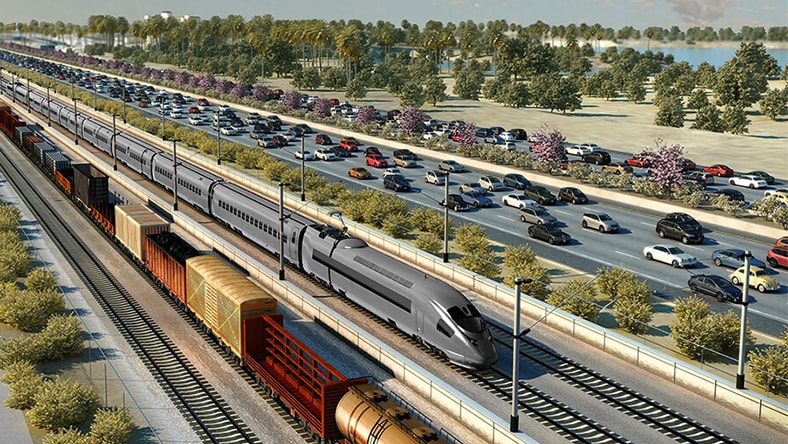& Construction

Integrated BIM tools, including Revit, AutoCAD, and Civil 3D
& Manufacturing

Professional CAD/CAM tools built on Inventor and AutoCAD
Successful infrastructure projects are built on the clarity and collaboration made possible in the cloud-based, common data environment.
Our comprehensive design authoring solutions integrate Geographic Information System (GIS) data with Building Information Modeling (BIM).
The results? The data-driven insights infrastructure owners need for optimized operational efficiency, significant cost savings, and higher performing, highly sustainable projects.
Rail owners
With increasingly dynamic usage patterns and public commitments to updating existing assets while building new ones, this is a transformational moment for rail.
Roads and Highway owners
Existing roads and highways suffer from delayed maintenance, even as urbanization drives demand for new projects.
Water owners
As communities worldwide struggle with failing water infrastructure, rising costs, and shifting demographics, success starts with clarity and cloud-based collaboration.
BIM is the foundation of digital transformation. By equipping every stakeholder to make more informed decisions across the project lifecycle, the BIM process helps optimize workflows, improve operational efficiency, and reduce project risks.
Using BIM, teams can successfully account for real-world conditions for improved model accuracy, all while collaborating seamlessly across teams.
BIM and GIS cloud collaboration makes it easy for teams to explore and collaborate on project information with geospatial context.
This has significant implications for project teams, including improved design review, visualization, and exploration. Teams can also rapidly map and manage issues as they emerge, and by connecting documentations to relevant ArcGIS features, they can securely and efficiently track project updates.
Digital project delivery lets you connect people, data, and processes across the project lifecycle in a common data environment.
Integrate live, multi-discipline data, including BIM and GIS and open the door to automation and workflows that improve accuracy, connect dispersed teams and enable real-time collaboration.
Achieve stakeholder requirements by integrating open IFC standards and adhering to ISO 19650 for information management. Embracing these standards offers the benefits of enhanced stakeholder collaboration, seamless interoperability, a unified interconnected environment, and effective long-term asset management.
AECO leaders and experts are optimistic about the global landscape, as well as their companies’ resilience, preparedness, performance, investment, and level of digital transformation.
Learn how ISO 19650 standards apply to building information modeling (BIM) and the common data environment (CDE), and how Autodesk tools can support your organization with standards adoption.
What happens when the world's leading GIS software provider join forces with the world's leading BIM software provider?
How BIM and Typsa group is transforming the railway sector in Spain.
Scottish Canals is putting new thinking and new technology to work in Glasgow.
How France is innovating with both on-board and on-road technologies.
Collaborate in a cloud-based common data environment that gives teams clarity about design intent and keeps everyone aligned across the project lifecycle.
Create sustainable, high-performance infrastructure that meets the most ambitious environmental targets with connected workflows built on transparency and intelligent modeling.
Deploy advanced workflows to create intelligent models and connections to third-party platforms. Deliver georeferenced data that enables asset management across the asset lifecycle.
Powerful BIM and CAD tools for designers, engineers, and contractors, including Revit, AutoCAD, Civil 3D, Forma Site Design, and more
Cloud-based design co-authoring, collaboration, and coordination software for architecture, engineering, and construction teams. “Pro” enables anytime, anywhere collaboration in Revit, Civil 3D, and AutoCAD Plant 3D.
Agencies adopt best practices like team collaboration for improved efficiency, coordination, and cost savings.
See how AEC professionals are embracing a turbulent time and leading the way to a sustainable, digitally transformed future.
Digital transformation is accelerating the transition to greener operations and a future of sustainable transportation.
Embracing a new mindset, water management agencies use advanced tools to meet ambitious sustainability goals.














